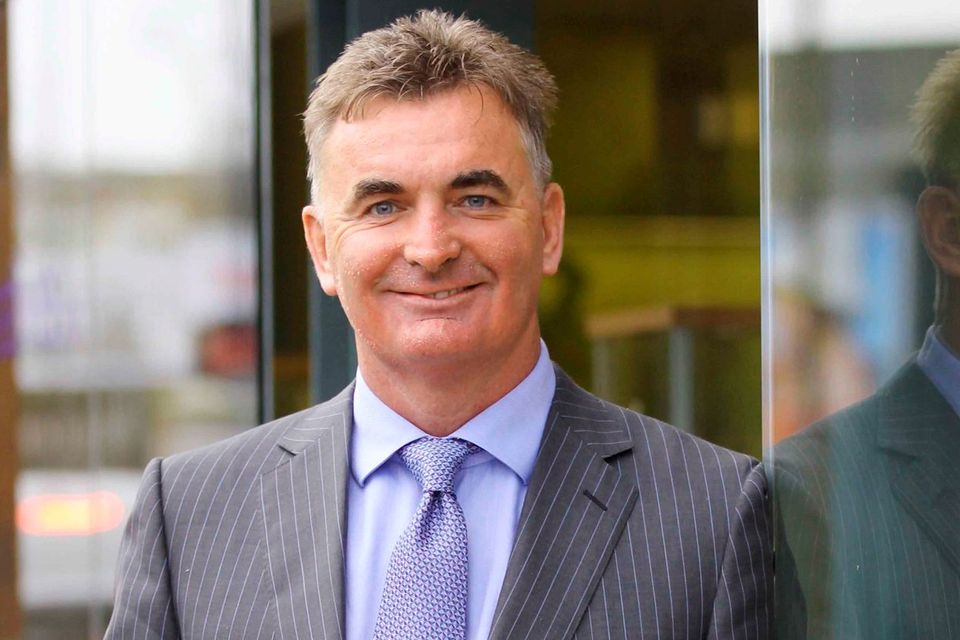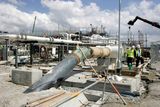FD in talks with Formula 1 team as it pushes into new markets
First Derivatives chief Brian Conlon
Financial technology firm First Derivatives is in talks with a Formula 1 team, an oil and gas company, a supermarket chain and an aircraft manufacturer as part of a push into new markets.
The company is expanding the applications of its software, which crunches vast amounts of data in real time, beyond the financial services sector, chief executive and founder Brian Conlon said.
First Derivatives, founded by Conlon in Newry in 1996, has grown its headcount rapidly in recent years through an ambitious graduate training programme. Staff numbers have grown at a rate of 20pc a year.
It will recruit another 250 people to its training programme this summer, taking its numbers to around 1,850. More and more staff are being recruited from abroad, Conlon said, from locations as diverse as South Africa, Singapore, Canada and Sweden.
The business remains headquartered in Newry but has teams deployed around the world who work with clients on a consultancy basis.
Revenue for its 2016 financial year was £117m (€152m), First Derivatives said last week, a 41pc increase on the £83m it reported for 2015.
The 2014 purchase of a controlling stake in Kx Systems, a Palo Alto company which delivers big data solutions for investment banks, hedge funds and financial regulators, is paying off, Conlon said.
First Derivatives paid £36m for a 47pc stake in Kx in October 2014, growing its shareholding in the business to 65pc.
"We have always known the underlying technology in Kx had huge potential," Conlon said. "Since buying a controlling stake in late 2014, we have been investing in developing its reach beyond finance."
The company has completed five separate acquisitions in the last 18 months and "has access to equity capital and significant debt headroom" if more opportunities emerge, Conlon said. "We are always looking."
The Newry native added that he is not overly concerned about the looming threat of a British exit from the EU. Many commentators have opined that Northern Ireland could suffer the most economically in the event of a Brexit, as it is particularly dependent on the Republic for trade. "There will be no immediate impact, they are not going to shut down the borders. We are well braced for shocks, a lot of our business is re-occuring. We maintained growth after the Lehman crisis and the same would be true in the event of a Brexit," Conlon said.
Join the Irish Independent WhatsApp channel
Stay up to date with all the latest news















